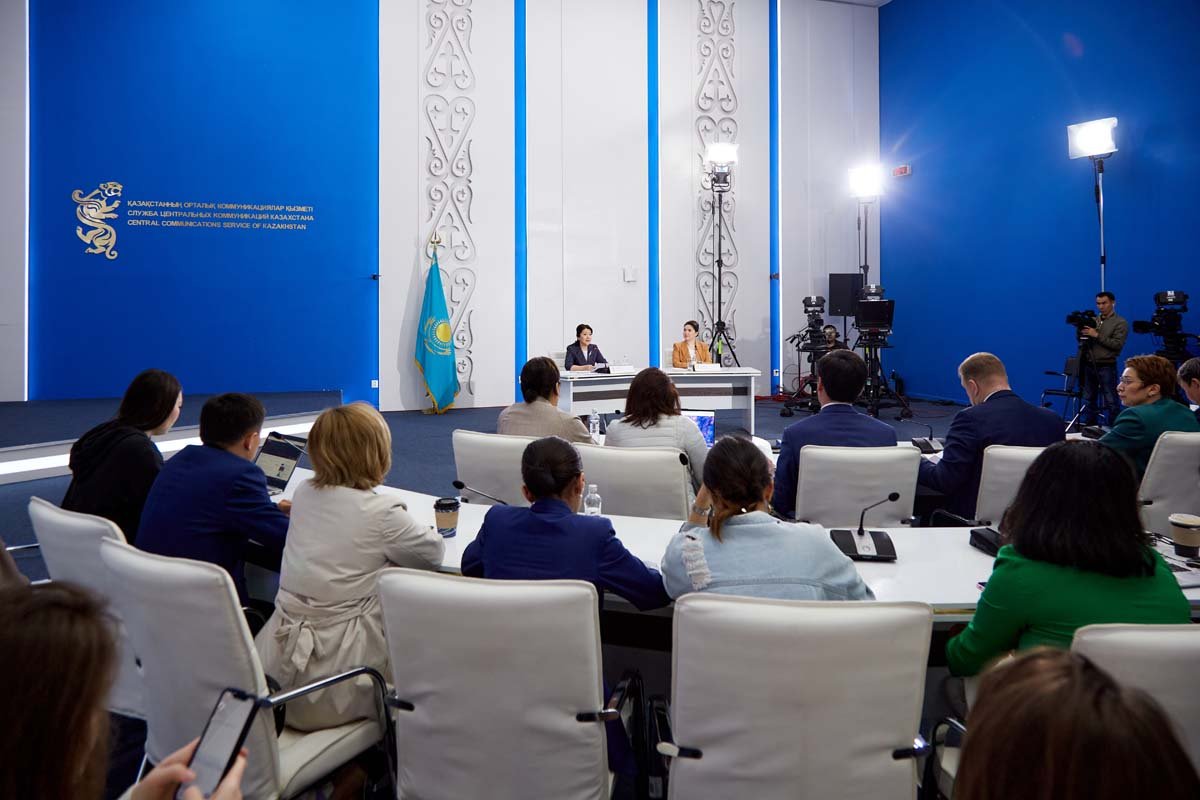“As part of the implementation of the instructions of the Head of State, a draft Law of the Republic of Kazakhstan “On Biological Safety” has been developed. On April 28, of this year, this bill was adopted by the Senate of the Parliament of the Republic of Kazakhstan. The bill has been submitted to the President. The main goal of the bill is early detection, warning and prevention of biological risks. There are the following main biological hazards: natural foci of especially dangerous infections (spread over half of the country's territory: for example, plague in 10 regions), tularemia (in 12 regions), hemorrhagic fever (in 4 regions and the city of Shymkent), about 1800 stationary disadvantaged areas for anthrax. As well as the importation of dangerous infections from outside. As a result of Kazakhstan's expansion of international tourist and business ties, cases of imported cholera are recorded annually. For example, in 2019, 4 cases of dengue fever were detected from India, 3 cases of dengue fever from Thailand, 4 cases of malaria from tropical countries. In addition, violation of the requirements when working with pathogenic bioagents. Impact of sources of increased danger due to emergency situations and acts of terrorism; lack of qualified personnel in the field of biological safety,” the Head of the Department outlined the problems.
In addition, the draft law provides for strategic planning of an effective system for countering biological threats; creation of a coordinated interdepartmental system of public administration, strengthening of its preventive function; ensuring the readiness of specialized services and the population for possible emergencies; creation of a unified monitoring system, taking into account data on the turnover of pathogenic bioagents, as well as the creation of a monitoring system for all relevant state bodies. It is planned to create a unified information system that unites government agencies with local ones.
“As part of the implementation of the national project “Healthy Nation”, until 2026, measures are envisaged to equip 3 laboratories for sanitary and epidemiological examination per year. Last year, 3 laboratories were equipped. This year, 3 more will be equipped. This order is also being fulfilled,” the Minister stressed.
Central Communications Service
under the President of the Republic of Kazakhstan
+7 (7172) 559344
info@ortcom.kz
info@ortcom.kz











